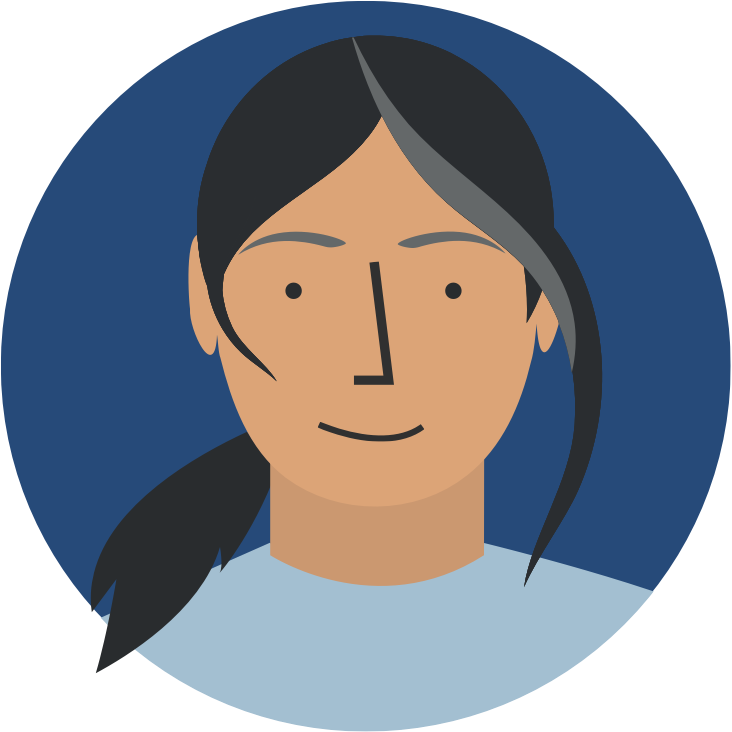
Jayne
53, sleeping badly for 6–10 years
Jayne is a great example of how Sleepstation can improve not only your sleep but your overall wellbeing, even when other health concerns need to be considered.
Having undergone an ileostomy and also experiencing pain in her feet and legs at night, Jayne’s sleep had been badly affected for somewhere between six and ten years.
Average sleep time per night
Before Sleepstation
5h 3m
After Sleepstation
7h 43m
With various other health issues affecting her, it was important that Jayne found a solution that didn’t just take a one-size-fits-all approach. So Jayne signed up with Sleepstation and got started on her seven-day sleep and wellness review.
This is where we take the time to get to know more about each service user. Everyone is asked to provide details each day about their sleep such as the times they go to bed, wake up, how long it takes to sleep and how often they wake in the night. We also ask everyone to reflect on how their emotional wellbeing is each day and how their sleep is impacting their ability to function on a day-to-day basis.
This initial review is also an opportunity to learn more about each service user’s goals and what they hope to achieve through their sleep therapy.
At the end of the week, we reviewed all the information Jayne had given us. Her diaries revealed that she was getting just over five hours of sleep a night and a third of each night was spent lying awake, making her sleep efficiency poor.
Sleep efficiency
Before Sleepstation
65%
After Sleepstation
95%
Jayne’s mental health and wellbeing were being significantly affected by her poor sleep too. She reported experiencing both moderately severe signs of depression and severe anxiety. She also reported that her ability to function next day was severely impaired.
This comprehensive picture of Jayne’s sleep and the effects it was having on her daily life were used to design a personalised, multi-step plan that would address her issues with sleep while being mindful of her overall health too.
Before Sleepstation
- 16/27 Depression symptoms – Moderate
- 20/21 Anxiety symptoms – Moderate
After Sleepstation
- 0/27 Depression symptoms – None
- 0/21 Anxiety symptoms – None
Jayne set to work, accessing weekly therapy sessions and building her knowledge of sleep using the in-app resources.
Supported by her dedicated sleep coaches, she made steady progress week-on-week and developed skills that helped her feel calmer and more relaxed both at bedtime and if she woke during the night.
At the end of her therapy, Jayne had made fantastic improvements to both her sleep and overall wellbeing. By her last week of therapy, she’d managed to gain 18 hours and 40 minutes of extra sleep!
Her sleep efficiency has increased by 46% and is now sitting in the good range.
But what really stands out is that Jayne has managed to entirely eradicate those severe symptoms of anxiety and depression, as well as now reporting no impairment to her next day function!
Impact on next day function
We use the Work and Social Adjustment Scale (WSAS) to assess how a person’s sleep problem affects them day to day. These scores are reviewed at assessment and weekly throughout therapy.
WSAS score
Before
26/40 – Severe impairment
After
0/40 – No impairment
Jayne’s story highlights the importance of approaching each person’s sleep problem individually. The combination of personalised support and Jayne’s own determination to resolve her sleep problem means she’s learnt a range of lifelong skills that will help her to continue managing her sleep long-term.
Sleepstation has helped me learn to keep calm instead of getting worked up about sleeping. If I wake in the night, I just get up and read till I feel sleepy again. I then return to bed without stressing. It’s working great, thank you!
